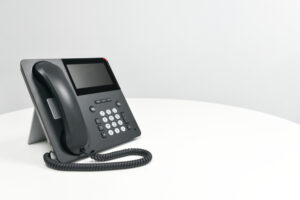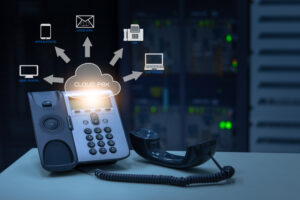Physical security plays a significant role in today’s world, even in the realm of cybersecurity. Businesses and organizations need to protect their premises and devices from physical attacks as much as they need to protect digital assets from cyberattacks.
What is physical security and why is it important? Let’s talk about it.
What is Physical Security?
Physical security is concerned with protecting people, property, and physical assets from physical actions or events that could cause damage or loss.
Physical security is a crucial part of cybersecurity as well since computer networks and data systems may be compromised by unauthorized physical access. It protects all your assets, including hardware, software, networks, and data.
There are four levels of security: deter, detect, delay, and respond.
What does physical security prevent?
All businesses and organizations face some level of security risk from physical threats. Physical security best practices protect businesses from:
- Unauthorized entry
- Theft and burglary
- Vandalism
- Terrorism
To some extent, they also help prevent or, at least, minimize the damages from fire, flood, and other natural disasters.
What are the Elements of Physical Security?
To the untrained eye, physical security may seem to simply be about having locks and security guards. However, it’s not quite as simple. A successful physical security program is comprised of three elements – access control, surveillance, and testing.
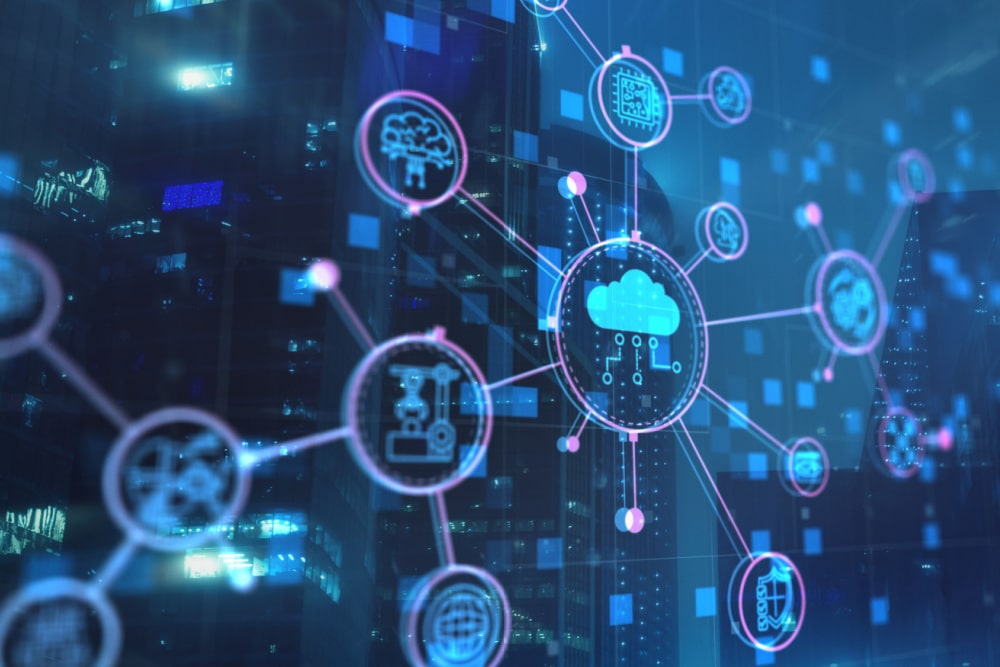
Access Control
The most basic idea of physical security is limiting who can enter sites and facilities and use devices and other materials. Access control includes measures that control the accessibility of assets, making sure that only authorized personnel have access.
Access control starts with a strategic site layout to add obstacles to make it more difficult for threat actors to access the premises. This includes limiting entry points, positioning restricted areas in hard-to-reach areas, and building walls and doors to separate rooms. This also includes strategically placing CCTV cameras and lighting.
Access control includes the use of locks, biometric access, keypads, RFID badges, and the presence of security guards. External physical security includes gates and fences, barbed wires, electric fences, and security cameras. These are meant to deter attempts at physical entry to a company’s premises.
Surveillance
Surveillance is the process of monitoring activity in and around one’s property. This element of physical security is vital in prevention and post-incident recovery.
Surveillance notifies security of intrusion through motion sensors, security cameras, and tripwire alarms. It also makes it easier to identify intruders. Of course, if you’re installing high-quality cameras like the Dahua CCTV system, you should strategically place them to cover critical areas.
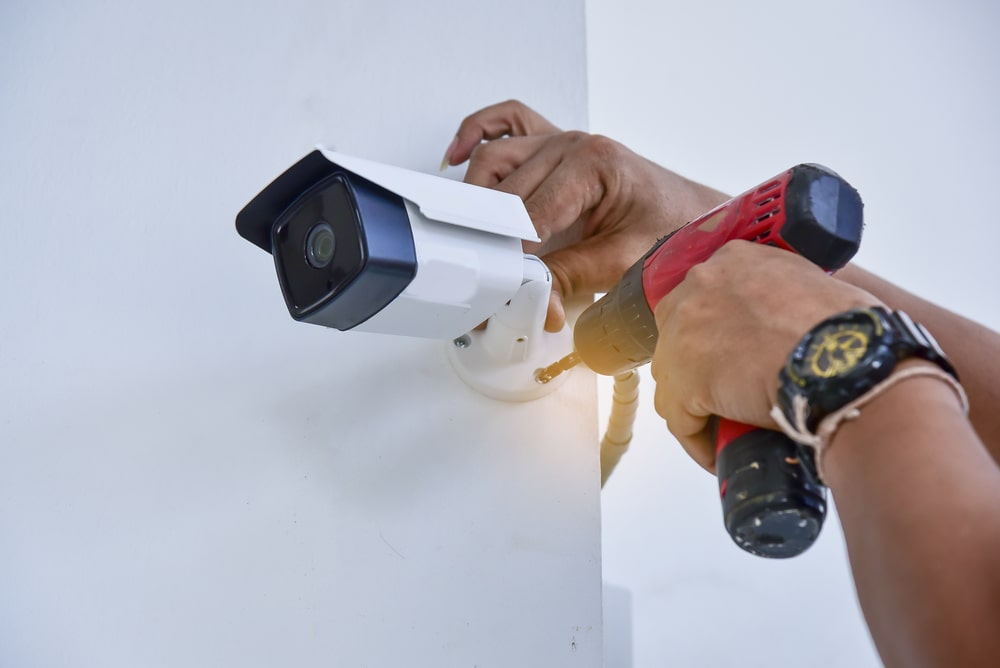
Testing
Testing is an important element that helps companies guarantee the effectiveness of their security systems and procedures. Regular testing allows the identification of weak points in a system and disaster response plans, so they don’t become an issue in the event of an actual security breach.
Furthermore, penetration testing and other similar drills ensure that all staff members have adequate training to respond to incidents. This includes protocols for burglaries or terrorism attacks, fire drills, earthquake drills, and so on.
Why is Physical Security Important?
What does physical security prevent that makes it important for all businesses and organizations?
Different organizations face unique risks and vulnerabilities depending on their size, nature of business, and location. Physical security protects your employees, facilities, and all assets from both internal and external threats.
Protect People
Physical security protects your people from getting hurt by crime and other events. If an individual or group with criminal intent enters your business’s premises, they could hurt unsuspecting employees.
Businesses and organizations have a responsibility to keep their employees and clients (and their data) safe from physical harm, which is why physical security is vital. Emergency response procedures allow employees to respond accordingly and help mitigate the effects of the incident.
Protect Business Assets
Equally important to enterprises and organizations are their assets, which includes computers and other equipment, cash, products, important documents, or confidential data like client information or intellectual property. Protecting these assets is vital to business continuity.
Losing equipment, cash, or products means lost revenue from business disruption plus additional expenses to replace equipment and products.
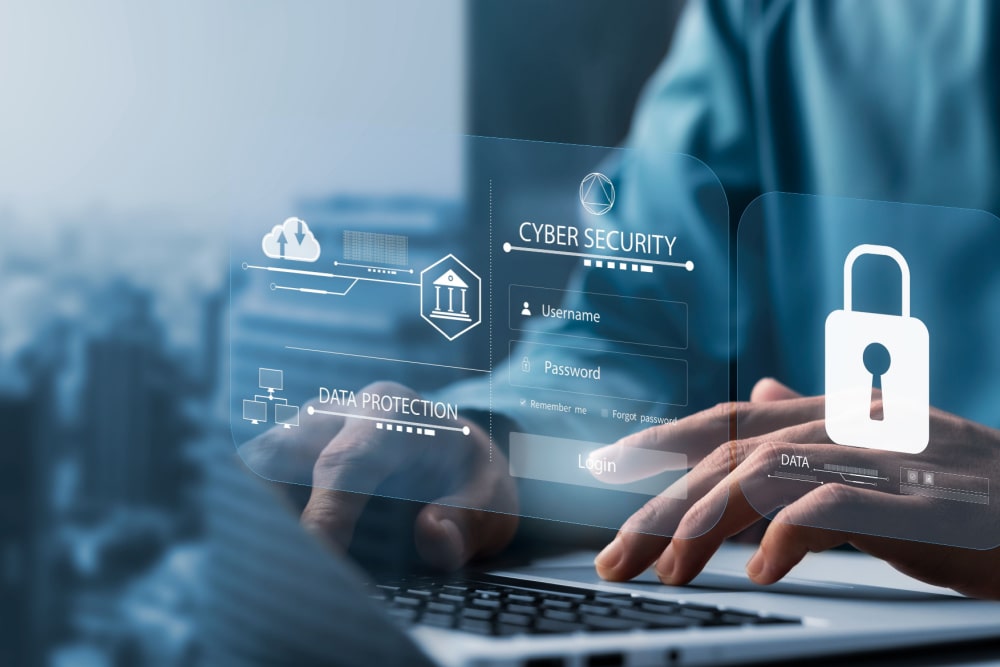
Reinforce Cybersecurity
Physical security is an important component of cybersecurity. Cybersecurity breaches may begin with a physical intrusion by an internal or external element. Thus, it’s enterprises need to invest in physical security measures to protect hardware.
Data breaches are extremely expensive to risk. Ransomware, a common tactic nowadays, may cost the enterprise large sums of money. Likewise, recovering lost data is costly.
The company’s reputation also suffers in the event of data breaches. A study found that 60% of respondents are not willing to work or patronize a company that has had a data breach. Given the significance of data today, it may take time for companies to regain consumer trust.
That’s not all. Data breaches may also compromise a company’s intellectual property. Trade secrets may be revealed to competitors and compromise their competitive advantage.
Rebuilding trust and competitive advantage are all taxing endeavors that could take years or, in the worst case, lead to bankruptcy. The importance of physical security is all-encompassing for businesses.
Fortify Your Security with Kital
We have discussed what is physical security and why it’s important for all types of businesses. Complement your cybersecurity efforts with a strong physical security system. Make sure that your facilities are protected with multiple layers of security and high-quality security equipment.
Kital is the official Dahua product supplier, offering video-centric smart IoT solutions to organizations, government agencies, retail businesses, manufacturers, and other types of businesses.
Protect what’s important to your business with Kital. Contact us to get started.

